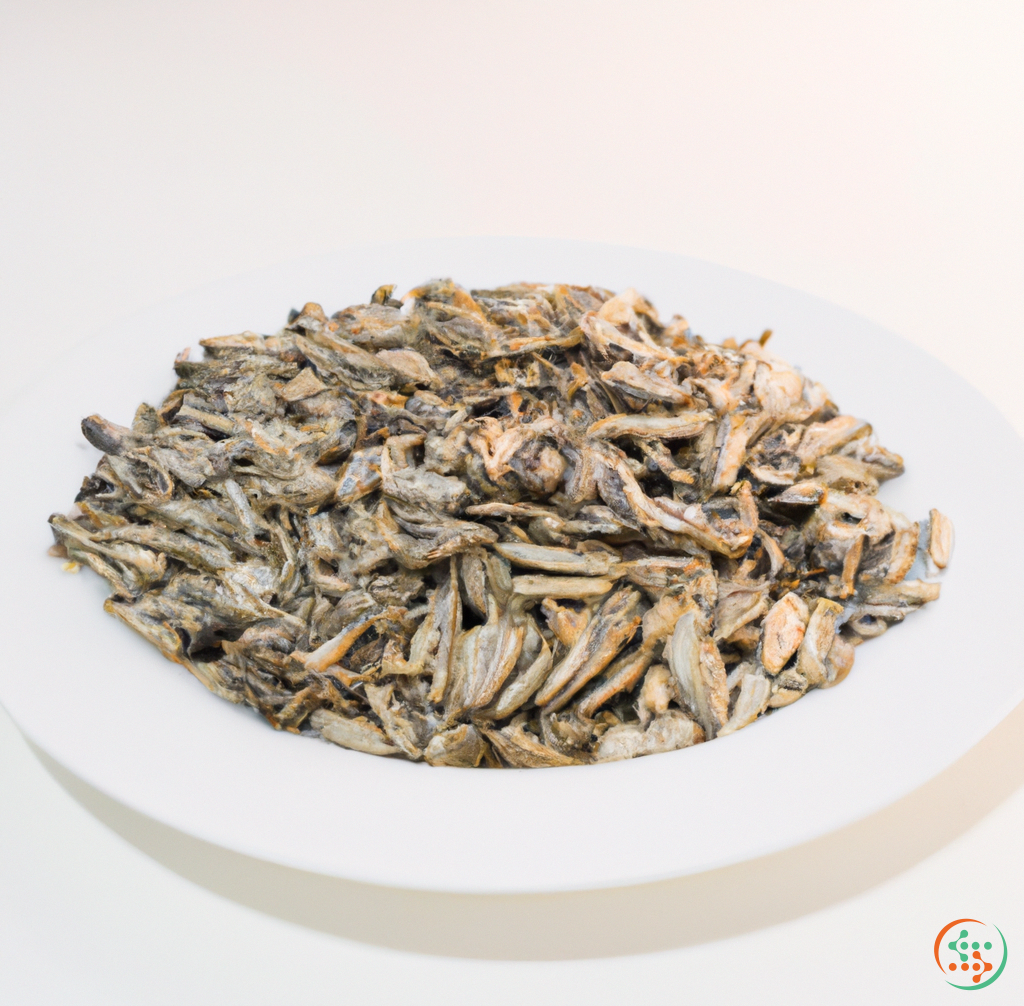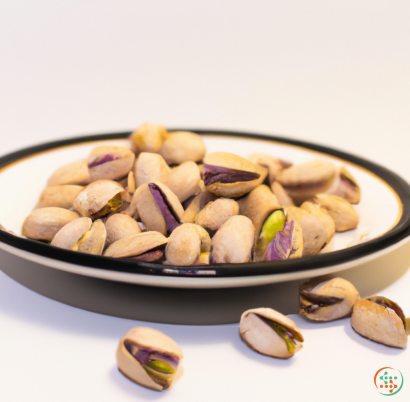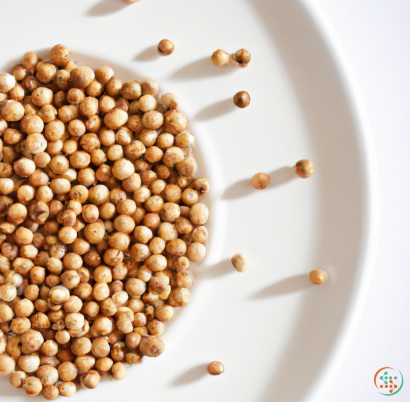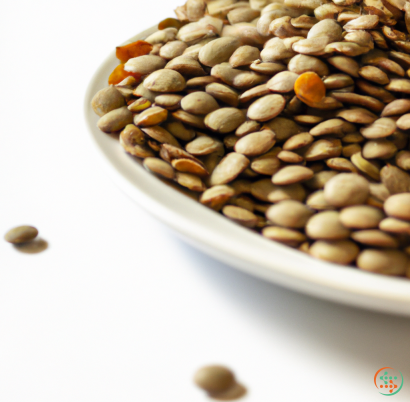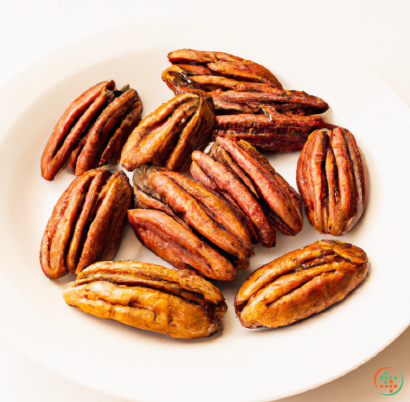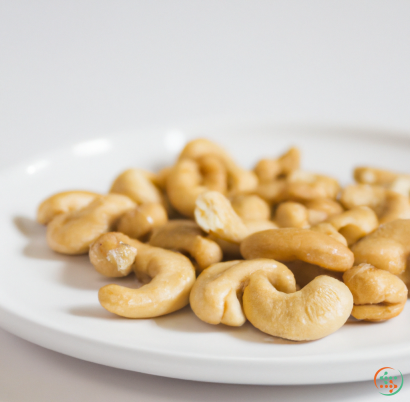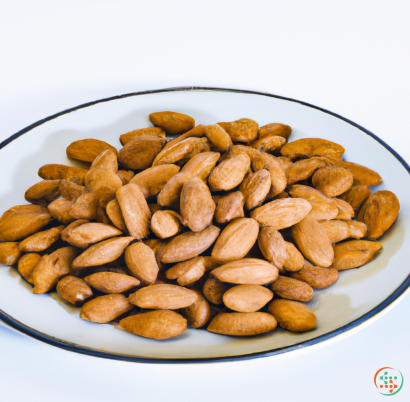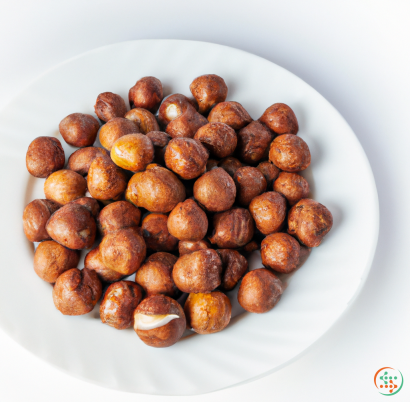Sunflower Seeds
Most of us are familiar with the beautiful sight of a sunflower blooming with its vibrant yellow petals, but did you know that the gorgeous flower can produce tasty snacks as well? Sunflower seeds are the edible seed of the sunflower plant and have become very popular snacks over the past few decades. The seeds are small, flat discs that can be eaten either raw or in a variety of food products like cereals, granola bars and trail mixes. Sunflower seeds are very nutritious and come packed with a multitude of essential vitamins and minerals, making them beneficial for your health regardless of how you consume them.
Sunflower seeds are the most widely cultivated oilseed crop in the world and have been a major source of cooking oil since ancient times. Sunflowers were first domesticated in Central Mexico more than 3,000 years ago, and are a member of the daisy family. In its natural state, the sunflower is a tall flowering plant, reaching up to twelve feet in height and producing numerous edible seeds per plant. Sunflower plants can produce a single head of seeds comprised of hundreds of individual seeds, or multiple smaller heads of seeds.
When selecting sunflower seeds, look for those that have a light cream or light brown color and are free of hulls that haven’t been damaged. Shelled sunflower seeds are available in stores and marketplaces as well as online in a variety of forms, including raw, toasted and salted, and lightly seasoned. If you plan to use the seeds for salads, baking or other recipes, buy them raw and unsalted. For snacking purposes, purchase salted or lightly seasoned sunflower seeds.
Sunflower seeds are an excellent source of vitamin E, a fat-soluble antioxidant. Vitamin E supports eye health and fights cell-damaging free radicals. The seeds also contain unsaturated and polyunsaturated fats, including linoleic acid, which has been shown to reduce inflammation and support heart health. Additionally, sunflower seeds are a great source of magnesium, which is important for muscle and nerve health, and they contain a significant amount of phosphorus, which helps to promote strong bones.
If you are looking for a delicious and healthy snack, sunflower seeds could be the perfect choice. They are an excellent source of protein and fiber, making them a perfect snack for those who want to eat something light but still feel satisfied. Sunflower seeds are also high in vitamin B6 and folate, which are both essential for maintaining good health. Sunflower seeds are very versatile, and can be added to salads, muffins, cakes and other sweet treats.
Sunflower seeds can also be used to make a variety of savory dishes. Roasted sunflower seeds make an excellent garnish for soups, salads and stir-fries. Sunflower seed flour and sunflower seed meal can be used in place of traditional all-purpose flour for baking. Sunflower seed butter is a tasty and nutritious alternative to peanut butter. It is made from ground sunflower seeds, and has a mild nutty flavor.
Whether you eat them as a snack, use them in recipes, or use their oil as an ingredient in your favorite products, sunflower seeds are a versatile and delicious addition to your diet. Not only are they delightful when eaten in their raw form, but they’re also incredibly nutritious, packing a plethora of vitamins, minerals, protein and fiber. Sunflower seeds are easy to find, easy to eat and offer a variety of health benefits – add them to your diet and start reaping the rewards of a sunnier, healthier lifestyle!
It is easy to eat a simple yet delicious dish of sunflower seeds and not give much thought to how they got to your plate. Yet, if you take a closer look, the journey a sunflower seed takes from seedling to dinner table is quite fascinating.
Sunflowers are comprised of a large, showy flower head with a center that contains hundreds of seeds encased in a hard black shell. The journey of a single sunflower seed begins with a farmer planting a sunflower seed in the soil. As the seed sits in the warm, wet dirt, it goes through many stages before becoming a edible snack.
The sunflower germination process begins with the silver parchment covering of the seed giving it access to sunlight and moisture. This silver covering provides protection to the developing seedling, allowing for a well sustained growth without it being eaten by pests. The seed's specialized structure develops into three main parts - the seedling, the hypocotyl and the epicotyl.
Once the seedling has grown from the soil, it begins the long process of photosynthesis. This process is essential for the success of the plant, as it gathers and converts sunlight energy into energy for the plant. The energy is used to produce carbohydrates and other macronutrients to fuel metabolic pathways used in growth and development. After 10-14 days of photosynthesis, the hypocotyl elongates, pushing the cotyledons to the ground. As the seedling continues to grow, a process called respiration begins. This process consumes oxygen and produces carbon dioxide, which is used to build the seedlings roots and stem. It is also important in preparing the plant to export its own energy - the seed.
The sunflower seed's next stage of growth is the vegetative stage. During this stage, the stem and leaves of the plant mature and the flowers begin to bud. Sunflowers will eventually produce numerous yellow petals, reaching as high as two meters in diameter. In addition, in the center of the flower, hundreds of small black seeds begin to form. The black color of the seeds is a result of their outer shell, formed by a hard protective layer to ensure the interior of the seed stays intact and safe from predators like birds and insects.
When the sunflower enters the reproductive stage, the pollen from the stamen fertilizes the pistil to form the seed. The seed then begins the process of maturation, where it forms its hardened shell while the seed inside remains dormant. Once the seed is fully formed, the petals of the flower dry out and the stem begins to droop as a sign that the growing season is ending.
The final stage is the harvesting of the mature sunflower seeds. The farmer must use specialized tools to separate the seeds from their protective layer and then dry them out before they can be used. After this process, the raw sunflower seeds are ready to be further processed in a food processing plant.
In the plant, the seeds go through several steps before being packaged and shipped to stores. The first step is the cleaning process, where the seeds are run through a series of sieves to remove any dirt or debris. After this, the seeds are dried once again, with added heat to ensure that no bacteria or mold can grow on the seed before it is sold.
The seeds are then separated by size and shape and boiled before entering the flavoring process. This process is when the unmistakable salty or sweet flavors are added to the seeds with the addition of spices and other seasonings. The seeds are then cooled and packaged, ready to be sent out to stores.
Once the sunflower seeds have made it to stores, they can be bought and eaten. Sunflower seeds have become increasingly popular snacks due to their easy-to-eat nature and unique flavor. They can be eaten as is, roasted, or as an ingredient in many dishes. Sunflower seeds are also a good source of protein, and they contain vitamins and minerals.
As you can see, the journey a single sunflower seed takes from seedling to dinner plate is a fascinating one. Through the stages of germination, photosynthesis and respiration, maturation, and harvesting and processing, a single seed is transformed into a tasty snack for all to enjoy. Thus, the next time you eat a handful of sunflower seeds, take a moment to appreciate the amazing journey this little seed took to get to your plate.
| Vitamin A | 0.003 mg | |
| Beta-Carotene | 0.03 mg | |
| Vitamin E | 0.03517 grams | |
| Vitamin C | 0.0014 grams | |
| Vitamin B1 | 0.00148 grams | |
| Vitamin B2 | 0.36 mg | |
| Vitamin B3 | 0.00834 grams | |
| Vitamin B4 | 0.0551 grams | |
| Vitamin B5 | 0.00113 grams | |
| Vitamin B6 | 0.00135 grams | |
| Vitamin B9 | 0.227 mg |
| Calcium | 0.078 grams |
Daily Value 1.3 g
|
| Iron | 0.00525 grams |
Daily Value 0.018 g
|
| Magnesium | 0.325 grams |
Daily Value 0.4 g
|
| Phosphorus | 0.66 grams |
Daily Value 1.25 g
|
| Potassium | 0.645 grams |
Daily Value 4.7 g
|
| Sodium | 0.009 grams |
Daily Value 2.3 g
|
| Zinc | 0.005 grams |
Daily Value 0.011 g
|
| Copper | 0.0018 grams |
Daily Value 0.9 mg
|
| Manganese | 0.00195 grams |
Daily Value 0.0023 g
|
| Selenium | 0.053 mg |
Daily Value 0.055 mg
|
| Tryptophan | 0.348 grams | |
| Threonine | 0.928 grams | |
| Isoleucine | 1.139 grams | |
| Leucine | 1.659 grams | |
| Lysine | 0.937 grams | |
| Methionine | 0.494 grams | |
| Cystine | 0.451 grams | |
| Phenylalanine | 1.169 grams | |
| Tyrosine | 0.666 grams | |
| Valine | 1.315 grams | |
| Arginine | 2.403 grams | |
| Histidine | 0.632 grams | |
| Alanine | 1.117 grams | |
| Aspartic Acid | 2.446 grams | |
| Glutamic Acid | 5.579 grams | |
| Glycine | 1.461 grams | |
| Proline | 1.182 grams | |
| Serine | 1.075 grams |
| Sucrose | 2.5 grams |
|
| Total Sugars | 0.131141 grams |
per 100g
|
| Myristic acid (14:0) | 0.03 grams |
|
| Palmitic acid (16:0) | 2.21 grams |
|
| Stearic acid (18:0) | 1.69 grams |
|
| Arachidic acid (20:0) | 0.12 grams |
|
| Behenic acid (22:0) | 0.32 grams |
|
| Lignoceric acid (24:0) | 0.08 grams |
|
| Total Saturated fatty acids: | 4.45 g | |
| Erucic acid (22:1) | 0.03 grams |
|
| Oleic acid (18:1) | 18.38 grams |
|
| Palmitoleic acid (16:1) | 0.02 grams |
|
| Gadoleic acid (20:1) | 0.09 grams |
|
| Total Monounsaturated fatty acids: | 18.52 g | |
| Omega-3 Timnodonic acid (20:5) | 0.01 grams |
|
| Linolenic acid (18:3) | 0.06 grams |
|
| Linoleic acid (18:2) | 23.05 grams |
|
| Total Polyunsaturated fatty acids: | 23.12 g | |
| Phytosterols | 0.53 grams |
|
| Total Sterols: | 0.53 g | |
